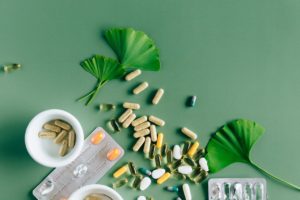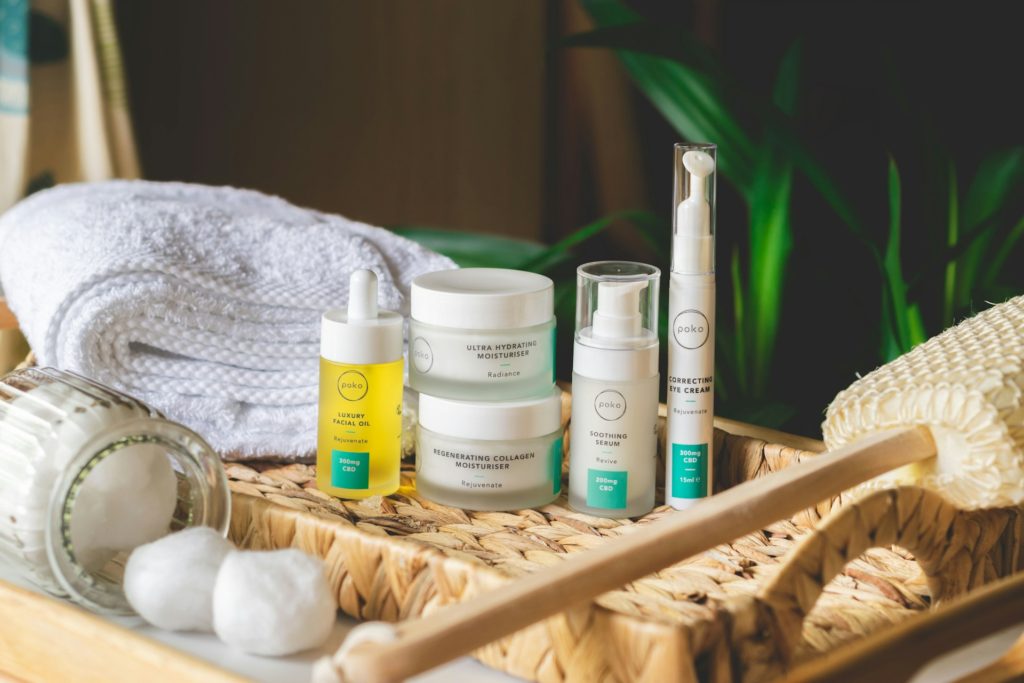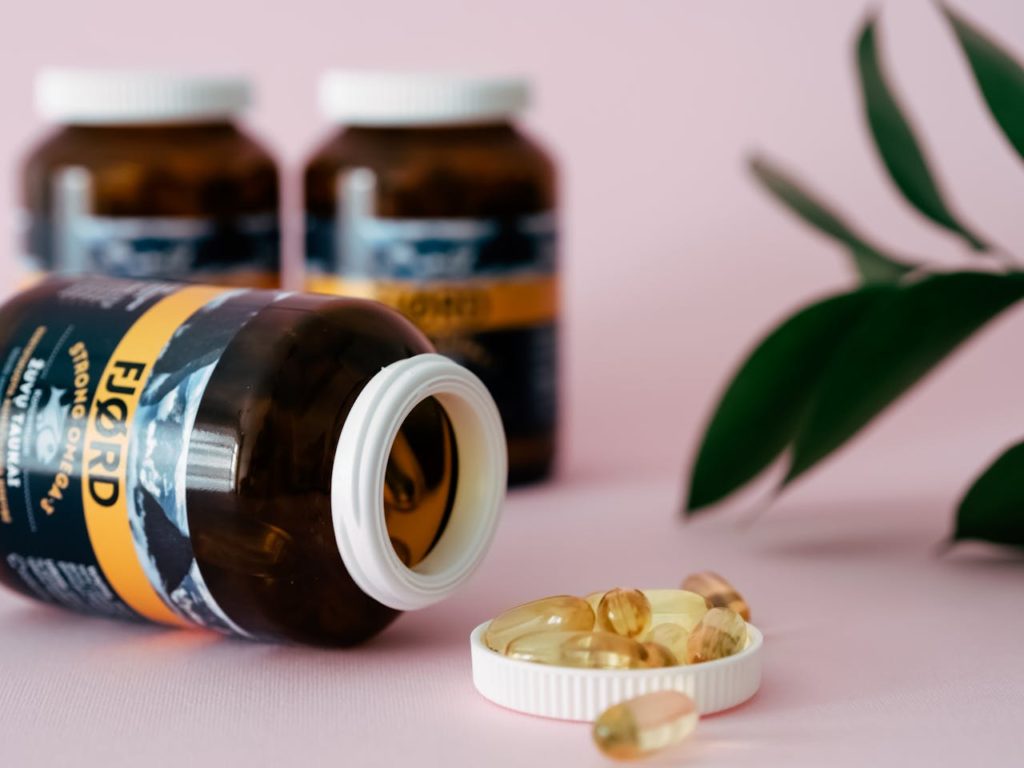In an era increasingly fixated on longevity and vitality, the surge in popularity of antiaging supplements reflects society’s unwavering pursuit of wellness. These supplements serve as indispensable tools in our quest to maintain health and vitality as we age, offering promises of bolstered well-being and enhanced quality of life.
However, with the market inundated with a plethora of options, navigating the landscape of antiaging supplements demands discernment and informed decision-making. Each choice carries implications for our health and longevity, underscoring the critical importance of selecting the right supplements. As consumers, understanding the nuances of these products becomes paramount in ensuring that our investment in antiaging supplements yields the desired benefits.
This article explores the intricacies of antiaging supplementation, shedding light on the key considerations necessary for informed and prudent choices in pursuit of optimal health and vitality.
Understanding Antiaging Supplements

The realm of antiaging supplements encompasses a vast array of products meticulously formulated to support longevity and overall wellness. These supplements serve as proactive measures in addressing the multifaceted challenges posed by the aging process. Each component is strategically selected to target specific aspects of aging physiology, from essential vitamins and minerals such as collagen, to potent antioxidants and specialized herbal extracts such as glutathione.
Vitamins and minerals act as essential cofactors in various biochemical pathways, supporting cellular function and metabolism. Antioxidants such as glutathione play a crucial role in neutralizing harmful free radicals, thus mitigating oxidative stress and cellular damage associated with aging. Herbal extracts, derived from botanical sources rich in bioactive compounds, offer a natural approach to supporting vitality and well-being.
Furthermore, antiaging supplements are designed to address age-related decline in physiological functions, such as cognitive performance, cardiovascular health, and immune function. By providing targeted nutritional support, these supplements aim to optimize bodily functions, promote resilience, and enhance quality of life throughout the aging process.
Understanding the diverse array of antiaging supplements empowers individuals to make informed choices tailored to their unique health needs and goals.
The Importance of Quality
Quality serves as the cornerstone of the antiaging supplement landscape, underpinning safety, efficacy, and consumer confidence. Opting for high-quality supplements is paramount, as inferior products may harbor hidden risks and fail to deliver promised benefits. Rigorous quality control measures ensure that supplements are free from contaminants, maintain optimal potency, and adhere to strict manufacturing standards.
Investing in reputable brands and manufacturers offers assurance of product integrity and reliability. Third-party testing further validates product quality, providing transparency and peace of mind to consumers. By prioritizing quality, individuals safeguard their health and maximize the potential benefits of antiaging supplementation.
Moreover, adherence to stringent quality standards underscores a commitment to consumer safety and satisfaction, reinforcing trust and credibility within the industry. In a market saturated with choices, discerning consumers recognize that quality is non-negotiable when it comes to selecting antiaging supplements.
8 Key Considerations When Buying Antiaging Supplements
When venturing into the realm of antiaging supplements, navigating the vast array of options can feel daunting. However, armed with knowledge and a discerning eye, consumers can make informed choices that optimize health and well-being. Here are several key considerations to keep in mind when purchasing antiaging supplements:
Ingredients:
The foundation of any supplement lies in its ingredients. When selecting antiaging supplements, scrutinize the label to identify clinically proven ingredients known for their anti-aging properties. Look for vitamins, minerals, antioxidants, and herbal extracts with scientific evidence supporting their efficacy in combating the aging process. Opt for supplements with bioavailable forms of nutrients, ensuring optimal absorption and utilization by the body. Check for the likes of collagen, glutathione, and other essential ingredients.
Purity and Potency:
Quality matters when it comes to antiaging supplements. Ensure that the supplements you choose undergo rigorous testing to guarantee purity, potency, and safety. Contaminants such as heavy metals, pesticides, and microbial pathogens can compromise the integrity of supplements and pose health risks. Additionally, verify that supplements contain the stated dosage of active ingredients to deliver the desired therapeutic effects.
Formulation:
The formulation of a supplement can significantly impact its effectiveness. Consider factors such as the dosage form (e.g., capsules, tablets, liquids), as well as the presence of synergistic ingredients that enhance bioavailability and efficacy. Choose supplements that utilize advanced delivery systems, such as liposomal encapsulation or enteric coating, to optimize nutrient absorption and minimize gastrointestinal discomfort.
Manufacturing Standards:
Trustworthy supplements are manufactured under strict quality control standards in facilities that adhere to Good Manufacturing Practices (GMP). Research the manufacturer’s reputation and commitment to quality to ensure that supplements are produced in accordance with industry regulations and standards. Look for certifications from independent organizations, such as NSF International or the United States Pharmacopeia (USP), which attest to product quality and safety.
Third-Party Testing:
Independent third-party testing provides an additional layer of assurance regarding the quality and purity of supplements. Look for supplements that undergo testing by reputable laboratories to verify label claims and ensure compliance with regulatory standards. Certificates of Analysis (COAs) should be readily available, detailing the results of testing for contaminants, potency, and purity.
Customer Reviews and Reputation:
Peer reviews and testimonials from other consumers can offer valuable insights into the efficacy and safety of antiaging supplements. Research the reputation of the brand and read customer reviews to gauge user experiences and satisfaction levels. Look for patterns of positive feedback and endorsements from healthcare professionals to validate the credibility of the product.
Cost vs. Value:
While price is a consideration, it should not be the sole determining factor when purchasing antiaging supplements. Evaluate the overall value of a supplement based on its quality, potency, and effectiveness. Consider the long-term benefits of investing in high-quality supplements that deliver tangible results and support optimal health and vitality.
Consultation with Healthcare Provider:
Before embarking on any new supplement regimen, consult with a qualified healthcare professional to assess individual health needs and potential interactions with medications or existing health conditions. A healthcare provider can offer personalized recommendations based on medical history, nutritional status, and lifestyle factors, ensuring safe and effective supplementation.
Conclusion:
By prioritizing factors such as ingredient quality, purity, manufacturing standards, etc., consumers can ensure that they are selecting supplements that support their health and well-being effectively. Investing in high-quality supplements may require a greater upfront cost, but the long-term benefits to overall health and vitality make it a worthwhile investment. Remember, the goal of antiaging supplementation is not just to add years to your life but to add life to your years. With diligence and discernment, individuals can harness the potential of antiaging supplements to promote longevity, vitality, and a vibrant quality of life.





